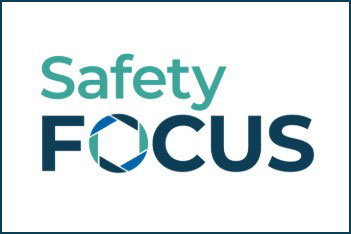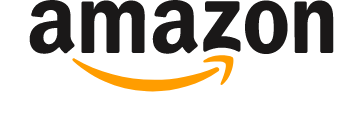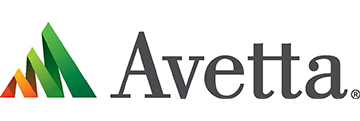
Deborah Roy is one of several SeminarFest speakers ASSE is featuring in anticipation of SeminarFest 2017, set to take place Feb 9-16, 2017 in Las Vegas, NV. She recently talked with us about Becoming an Effective Independent Consultant, one of the seminars she will present at this year’s SeminarFest.
How has the course evolved over the past 18 years?
It's been an interesting evolution. The way people market their services has changed a lot over the years.
When I started my consulting firm in 1990, we used paper brochures to market our services. I used to produce a tri-fold brochure that went out in the mail and then people signed up with us over the phone.
Today, there is a whole different range of approaches to get the word out about your business. Consultants market. Some of the marketing safety professionals have done all along, such as writing for publications and speaking at conferences. The other means of doing so, however, have changed quite a bit, such as marketing yourself through social media and by teaching webinars.
The rest of running a consultation business is pretty much the same as it was 20 years ago. The business components and accounting has not changed. It's still the same idea: you have to have a niche and you have to have customers who are looking for that type of work. Some of the changes are more about updating the concepts’ execution. Safety professionals have a broader range of skills and different business concepts than they had in the past.
How have safety professionals’ ideas for setting up a consultation business evolved?
Some safety professionals I’ve spoken with have developed companies that market retired safety professionals who are looking for part-time work. These professionals may have been senior leaders in their organizations before retiring, and now have the opportunity to work occasionally.
Other professionals developed placement firms for other safety professionals. Safety consultants’ style of work has evolved over the years because clients are looking for different things at different times. These days, clients sometimes look for risk communication skills from a safety professional, for example, whereas previously, that might not have been a focus.
What kind of challenges do the safety professionals who are setting up a consulting business come to you with?
The biggest challenge most people experience occurs when they recognize that it doesn’t matter if they have a specific expertise or interest; they can't just hang up their shingle and assume clients will come to them. It can be difficult to identify what services the market wants as opposed to services they want to offer.
Sometimes, people have a broad set of skills and have more than one choice for their consultation’s niche. Or, people have a general skill set and are trying to figure out how they can differentiate themselves from others in the market. If many safety professionals offer commodity-type classes, such as 10-hour courses, or routine services, such as writing safety policies and basic safety training, then it becomes difficult to differentiate yourself in that broad of a market.
Most people also don't recognize how much work there is in setting up and running a business. You have to make proposals, bill clients, make sure clients pay the bill, put procedures in place and so forth. People are also often unrealistic about how much their services will go for in the market.
"You have to have a niche and you have to have customers who are looking for that type of work."
At the end of one of my courses, an attendee once said to me, “This was the best 8 hours I ever spent. I've now decided this is way more work than I intended to do, and this was the fastest way for me to figure that out."
How often do the business components and workload for starting a business discourage OSH professionals? How can they alleviate this issue, given how business is not necessarily their expertise?
In some cases, safety professionals need to learn how to do these things for themselves. In other cases, they can partner with other people or look into creative ways to set up a company. Friends and family may have skills they can offer, such as setting up a website. Many services can also be bought, such as bookkeeping or legal services.
You mentioned that there are creative ways they can go about it. How so?
Safety professionals can partner to buy these services as a group. They may have the ability to have a client buy retainer services so that they don't have to bill on a regular basis. In this situation, the client can agree to pay a set monthly price they pay with a one-time agreement.
How essential is a business background or education when starting a consultation business?
The education is not necessarily essential, but it is important to have some experience or to develop it over time. Several people who have been in business for a while have taken my course, then recognized they’ve been working very hard because they didn't have the business component set up correctly. It’s easier to set the business up correctly upfront so you don’t stumble later on. That can be expensive and frustrating.
How costly is it to contract the business components out?
It’s actually pretty inexpensive these days. Professionals can still utilize the traditional system of attorneys and accountants to set up the business. However, this method is no longer necessary.
There are many more options than there used to be. There are co-working buildings available in most cities, which offer central resources such as a receptionist or mail services.
Paperwork can be filled out online through many state’s websites, which also let you know the necessary steps to set the business up.
Has your course attendee’s age demographic changed overtime?
Attendees have evolved into a broader range of people. It’s no longer just people close to retirement who seek consulting work, it is younger professionals as well.
I think people are identifying at a younger age where their skill sets and interests lie, then taking a leap. There seems to be more openness to doing that now, whereas I think the thought process for previous generations was to work for a big company for 30 years. That whole general concept in the U.S. has changed.



